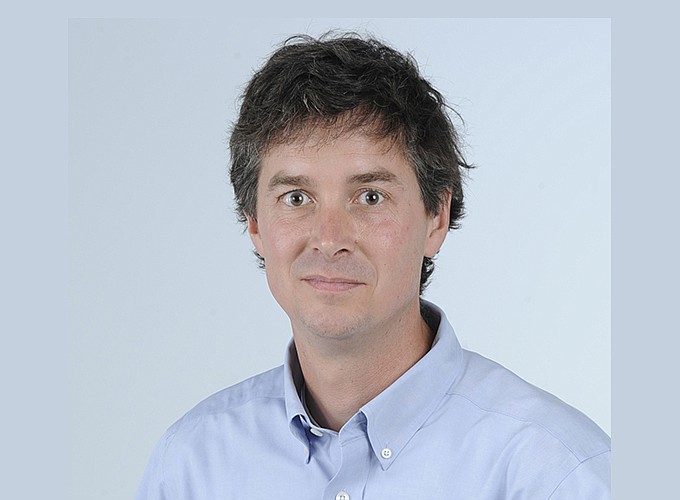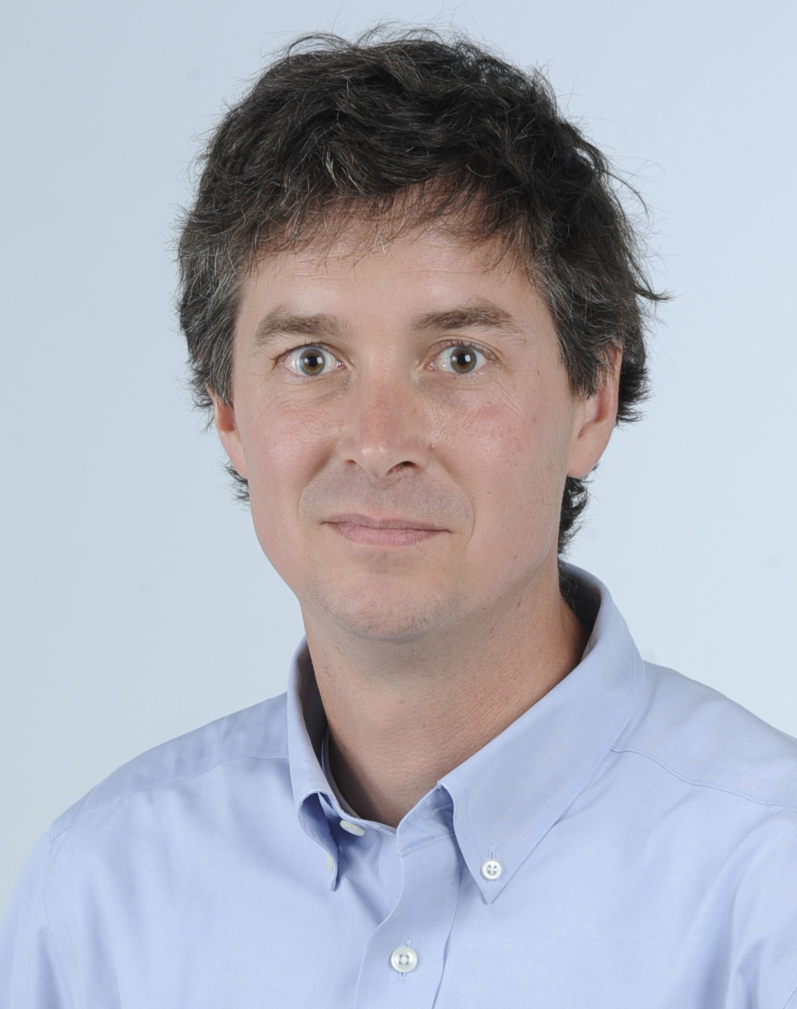If we are going to talk of Iran and the bomb, we must also talk about Iran and the heart. Long before these ayatollahs lived and long after they will die, another man continues to define the spiritual identity of Iran.
His name was Jalal al-Din Rumi.
He was a poet.
And what he said about the soul's love affair with God is stronger than any nuclear bomb.
Last night the moon came dropping its clothes in the street.
I took it as a sign to start singing,
Falling up into the bowls of the sky.
The bowl breaks. Everywhere is falling everywhere.
Nothing else to do.
Here's the new rule: break the wineglass,
And fall toward the glassblower's breath.
Born in the 13th century in what is today Afghanistan, Rumi became a religious leader just like his father and grandfather before falling headlong -- rather, heartlong -- into Sufism, the mystical version of Islam.
Seven hundred years and thousands of poems later, Rumi is still beloved.
"It is nearly impossible to spend a day walking around any Iranian city, suburb or village and not hear his echo," writes Melody Moezzi in The Guardian. "No place is beyond this poet's influence."
Rumi, who traveled through modern-day Turkey, Syria and Iraq, is the anti-ISIS. Drenched in joy, grief and ecstasy, his poems offer a wonderful sort of beheading -- we descend out of all our clingy, noisy thoughts and travel into the heart, where the wild things are.
Today, like every other day, we wake up empty
And frightened. Don't open the door to the study
And begin reading. Take down a musical instrument.
Let the beauty we love be what we do.
There are hundreds of ways to kneel and kiss the ground.
His poems speak of Muhammad, Solomon and Christ on the lean donkey. He writes of taverns, lovers and the wine that never runs dry.
So cherished, Rumi has become the best-selling poet in both America and Afghanistan.
We have a Chattanoogan to thank for that.
His name is Coleman Barks. Son of Baylor School head Herb Barks Sr., he was teaching at the University of Georgia when he encountered Rumi. Barks began secondary translations -- not Farsi-to-English, but joyfully updating dusty English translations that already existed -- and soon became the ferryman of Rumi into the west.
His volumes have sold hundreds of thousands of copies. In 2005, the U.S. State Department asked Barks to travel to Afghanistan, where he became the first visiting speaker there in 25 years. In 2006, he was awarded an honorary degree from the University of Tehran.
This Friday, he's returning to Chattanooga, and bringing Rumi with him.
The event is called "An Evening With Rumi." Beginning at 5:30 p.m. at the Bessie Smith Cultural Center, Barks will read poetry and sign books. If that isn't enough, he'll be joined by author and teacher Andrew Harvey, once named one of the 100 most spiritual influential people in the world.
On Saturday, Harvey will join Buddhist teachers Kittisaro and Thanissara -- stay with us here, you two -- for a workshop on "Love in Action." It begins at 10 a.m. at Grace Episcopal Church. (Harvey will speak again during the Sunday morning service at Grace).
Both events are fundraisers for the Center for Mindful Living.
Since opening in September 2013, the center has emerged as a vital and beautiful resource for teaching mindfulness and meditation.
The money from these events will help shore up programs for a most precious set of people.
"Kindergartners," said Lisa Harrison, one of the center's founders.
Part of the center's work includes teaching mindfulness at local schools. (Google Julia Bayer Salzman's 4-minute film "Just Breathe.") There is a growing demand for more mindfulness instruction, especially in elementary classrooms, which is just as important as iPads and TCAPs.
Maybe more so.
In an age of rising radicalism and dismantled democracy, we need to learn how to descend into that heart-space where our true self dwells. Sometimes, it takes a poet to get us there.
Out beyond ideas of wrongdoing and rightdoing,
There is a field. I'll meet you there.
When the soul lies down in that grass,
The world is too full to talk about.
For more information on this weekend's events with Coleman Barks, Andrew Harvey, Thanissara and Kittisaro, visit centerformindfulliving.wildapricot.org or call 423-486-1279.
Contact David Cook at dcook@timesfreepress.com or 423-757-6329. Follow him on Facebook at DavidCookTFP.

